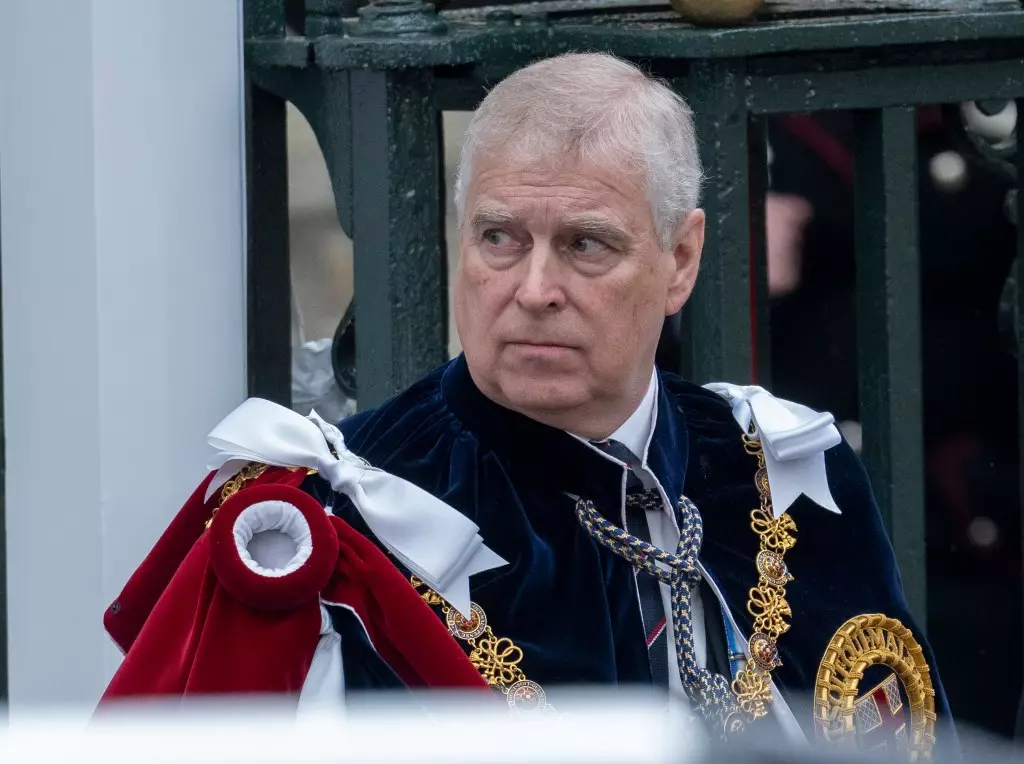The relationship between Prince Andrew and the late Jeffrey Epstein has long been scrutinized, a scrutiny amplified by the resurfacing of court documents that challenge previous denials made by the prince himself. During a 2019 BBC interview, Andrew vehemently claimed that he severed ties with Epstein after their last meeting in December 2010. This public assertion, aiming to distance himself from one of the most notorious sex offenders of recent history, now faces a critical contradiction presented in newly released evidence. As revelations arise, they complicate an already murky image of the royal figure, prompting deeper questions about accountability and transparency within the British royal family.
The recent disclosures indicate that, contrary to Andrew’s assertions, he maintained a friendly rapport with Epstein well beyond the date he declared their friendship ended. An email dated February 2011 saw the prince inviting Epstein to “keep in close touch,” suggesting that their relationship remained vibrant even after Andrew’s supposed withdrawal. Such communications not only contradict the prince’s statements but paint a picture of an ongoing and potentially complicit connection with a figure who was not merely controversial, but criminally implicated in multiple sex crimes.
The implications of Andrew’s relationship with Epstein have been profound, reshaping the public’s perception of the royal family. Following the fallout from the BBC interview, which was widely panned and seen as damaging to the royal clan’s reputation, the then-Queen Elizabeth II directed her son to retreat from public duties. This reaction sparked discussions about the expectations placed on public figures and the consequences of their relationships and actions. The royal family’s image, built upon centuries of tradition and decorum, now bears the scars of associations that many deem unfitting for a royal. Critics argue that the monarchy should be held to higher standards of integrity, especially in light of such damaging revelations.
As investigations into Epstein’s extensive network of powerful connections continue to reveal more names, Prince Andrew remains a focal point of scrutiny. The royal family is now faced with the arduous task of navigating the complex legacy left in the wake of such associations. The royal institution, typically shrouded in mystique, has found itself under the unrelenting gaze of public and media scrutiny, casting doubt on its values and principles. Questions remain regarding how transparency, accountability, and reform can be fostered within such an establishment.
The spotlight on Prince Andrew’s connection to Jeffrey Epstein serves as a reminder of the intertwined nature of power, privilege, and responsibility. As the royal family grapples with these challenges, it is imperative for them to reflect on the lessons learned from such tumultuous associations. Moving forward, the institution must contemplate not only the far-reaching implications of these relationships but also the fundamental ethical principles guiding their public role in society. The revelations surrounding Andrew and Epstein not only reshape a narrative long in the making but also prompt a broader conversation about the responsibilities of those in power, urging clarity and reform in an age that demands change.
